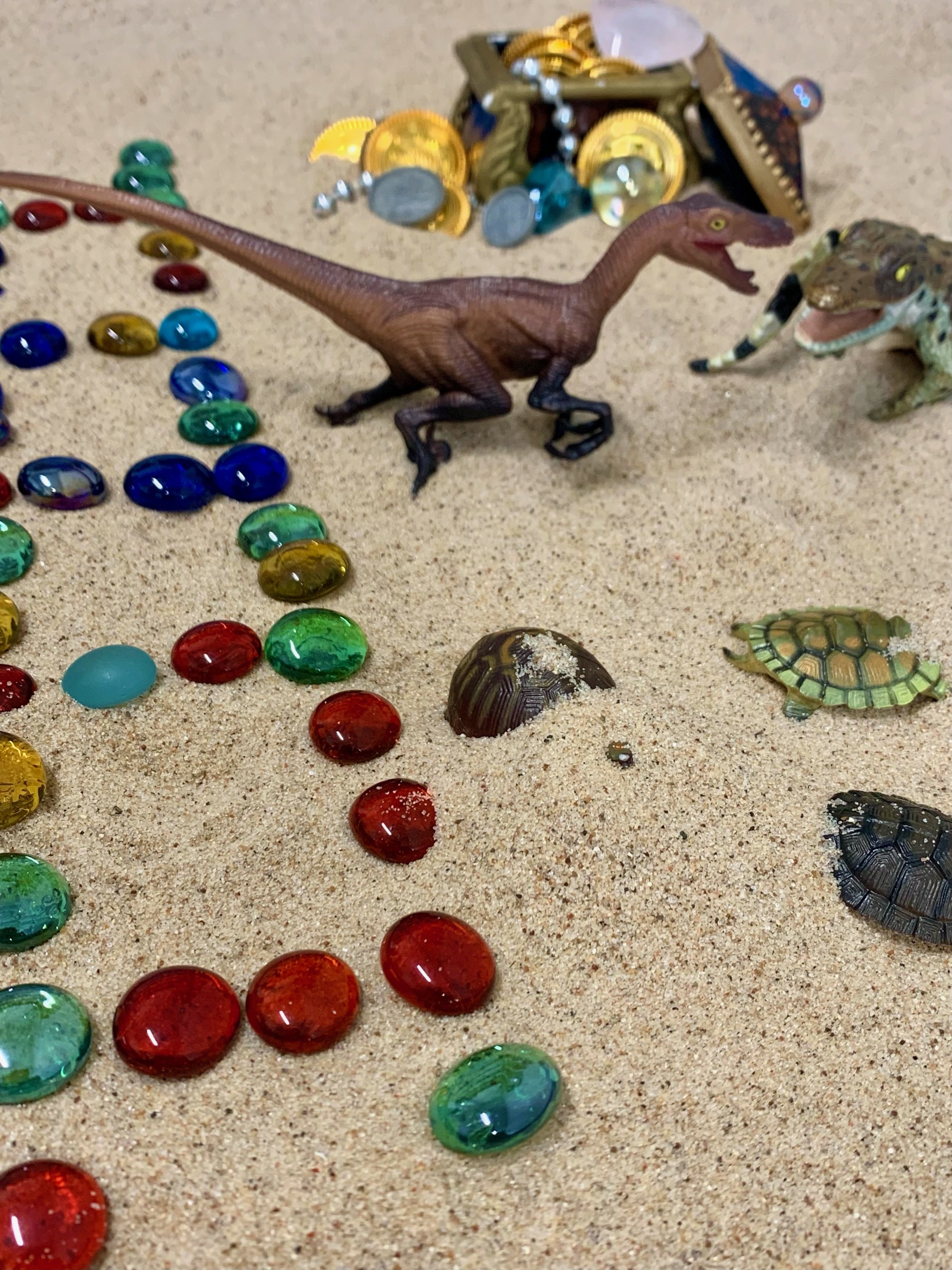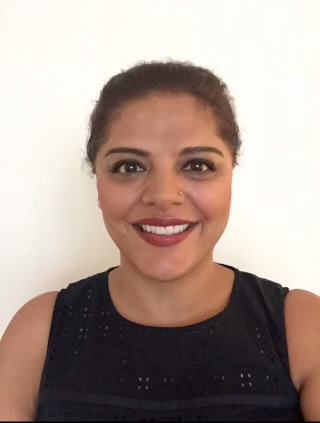- Exploring Trauma and Play: Integrating Polyvagal Theory into Play Therapy - NON-CONTACT CEs for APT, LIVE WEBINAR CEUs for CAPT, Contact CEs for BCPTA
November 2, 2024
9:00 am - 4:30 pm
BC Play Therapy Association holds workshops throughout the year to help advance the education of Play Therapy Practitioners and related professions. These usually revolve around a specialized speaker teaching a subject of importance to the advancement of play therapy as a therapeutic practice.
6 Non-Contact Continuing Education Hours (NON-Contact CEs/NON-Contact CEUs for APT)
6 LIVE WEBINAR CEs/CEUs for CAPT
For BCPTA credentialing or renewal this training can be counted as 6 Contact CE Credit Hours.
A certificate of completion will be provided based on attendance with your video on throughout the duration of the workshop and successful completion of a post-test and an evaluation component.
*This online workshop will NOT be recorded*
EARLY BIRD PRICING until September 30th, 2024
Exploring Trauma and Play: Integrating Polyvagal Theory into Play Therapy

Live ONLINE Workshop
Presented by Monica Bhatara, MA, RTC, RCS, FOTT, BCRPT, CSPT

6 NON-CONTACT CEs/CEUs for APT
6 LIVE WEBINAR CEs/CEUs for CAPT
For BCPTA registration or renewal this training can be counted as 6 Contact Continuing Education Credit Hours
One-Day Online Workshop
Saturday, November 2nd, 2024, 9:00am – 4:30pm
A Zoom link will be emailed to you the day before the event
Workshop Description:
Trauma can have profound effects on the nervous system, impacting a child’s sense of safety, wellbeing and ability to regulate emotions. This workshop explores the intersection of play therapy, trauma, and Polyvagal Theory, offering participants an understanding of how these three elements can be integrated to facilitate healing and recovery in children and youth who have experienced trauma. Polyvagal Theory, pioneered by Dr. Stephen Porges and made widely accessible by Deb Dana, provides a neurobiological framework for understanding how the autonomic nervous system responds to stress and trauma, emphasizing the role of the autonomic nervous system in shaping adaptive survival behaviours and social engagement. By incorporating Neurobiology-informed play therapy techniques, therapists can better attune to children’s physiological and autonomic states, facilitate regulation, and support the development of resilience.
Through a blend of theoretical exploration, case studies, experiential learning, and group discussions, participants will gain practical insights and tools to enhance their therapeutic skills and confidence when working with children who have experienced trauma. This workshop is designed for mental health professionals, counsellors, social workers, and anyone interested in deepening their understanding of Polyvagal-informed play therapy practices.
Learning Objectives:
Workshop participants will learn:
- the three organizing principles of Polyvagal Theory
- to recognize various autonomic states and the functions of adaptive survival and non-reactive sympathetic and dorsal.
- the role of neuroception and the Social Engagement System in the understanding of therapeutic relationships, safety and client regulation in play therapy.
- autonomic mapping and how autonomic self-awareness promotes a better understanding of autonomic arousal states and their functioning and influence.
- autonomic needs to better support regulation.
- several polyvagal-informed play therapy interventions for addressing therapy goals.
WHO MAY BENEFIT FROM ATTENDING:
Play therapists, children’s counsellors, family therapists, family counsellors, psychologists, social workers, school counsellors, and other mental health professionals working with children, adolescents, and families will benefit from this training. A basic understanding of play therapy would be beneficial.
About the Presenter:

Monica Bhatara has over 25 years of experience working in front-line, clinical, and leadership roles providing her expertise in the areas of family preservation and re-unification, complex intergenerational trauma, and trauma-informed practice. Monica’s extensive experience has equipped her with a profound understanding of complex trauma and effective approaches to trauma recovery. She actively shares her knowledge and insights on trauma-informed practice nationally in the government, social service, and education sectors. In her private counselling practice in Chilliwack, BC, Monica focuses on providing trauma recovery services to both children and adults. She utilizes a blend of somatic, play, and expressive therapies to facilitate the healing process. Her approach is heavily influenced by Indigenous Psychology, Interpersonal Neurobiology, and Polyvagal Theory, reflecting a holistic understanding of trauma and its impact on individuals. Monica believes in the power of human resiliency and is passionate about building the capacity of therapists to feel more confident and competent in addressing trauma-related issues with their clients. Click here to learn more about Monica Bhatara.
Should you have any questions about this workshop, please don’t hesitate to contact us at info@bcplaytherapy.ca
Schedule for the Workshop:
Saturday, November 2nd, 2024
CANCELLATION POLICY:
- To cancel your registration, please send us a cancellation notice via email at [email protected] no later than 2 weeks before the start of an event for a full refund less a $25.00 cancellation fee. No refund is issued if you cancel your registration within 2 weeks of the event.
- Please note that all payments received and/or processed on workshop day will be processed at manual registration rates.
Should you have any questions about this workshop, please don’t hesitate to contact us at info@bcplaytherapy.ca
APT Approved Provider 95-019 – BCPTA is approved by the Association for Play Therapy to provide continuing education specific to play therapy.
CAPT Approved Provider 09-103 – BCPTA is approved by the Canadian Association for Play Therapy to provide foundation training and continuing education training specific to child and play therapy. This training cannot be used for Foundation Play Therapy Training towards Certification with CAPT as a Certified Play Therapist (CPT).